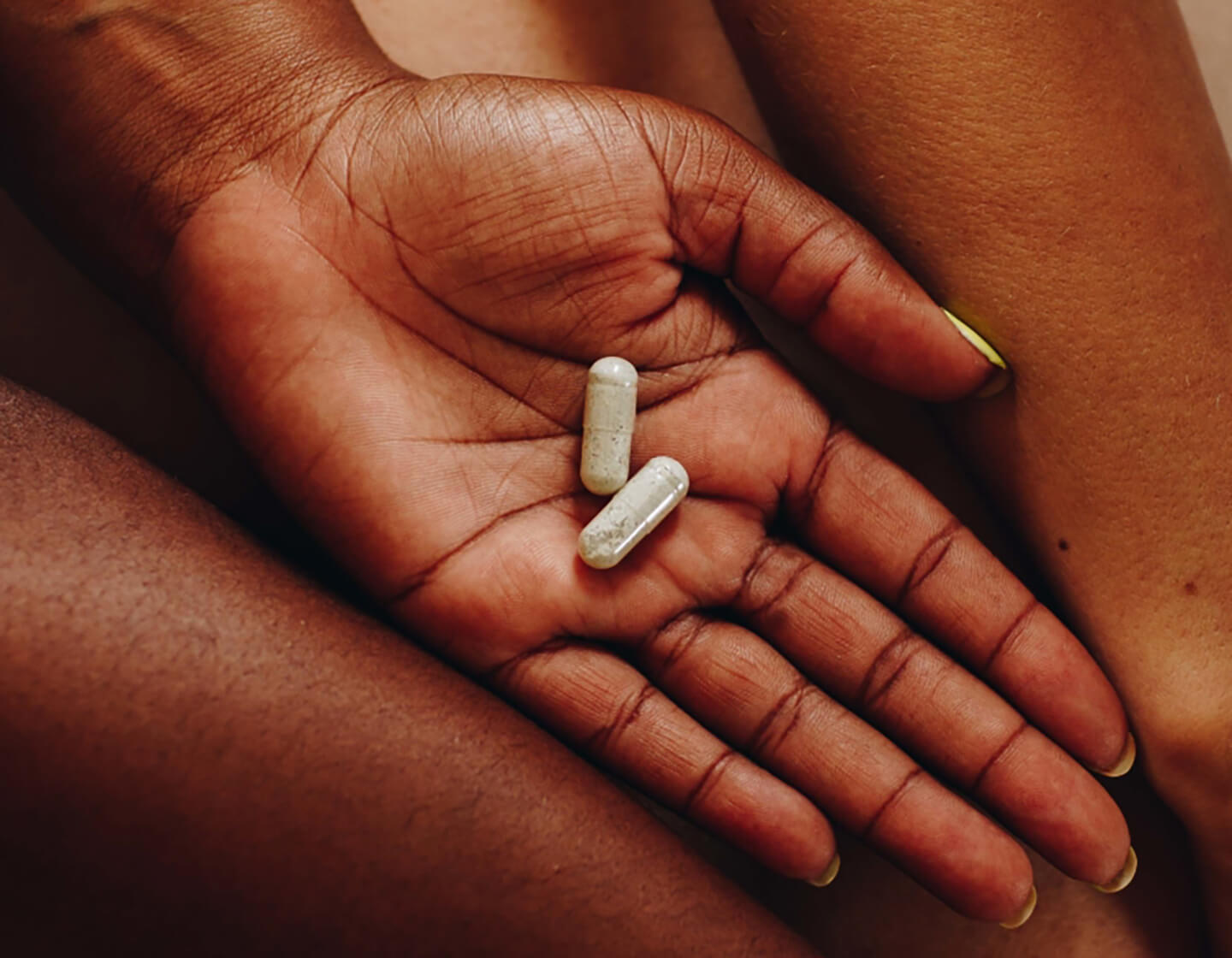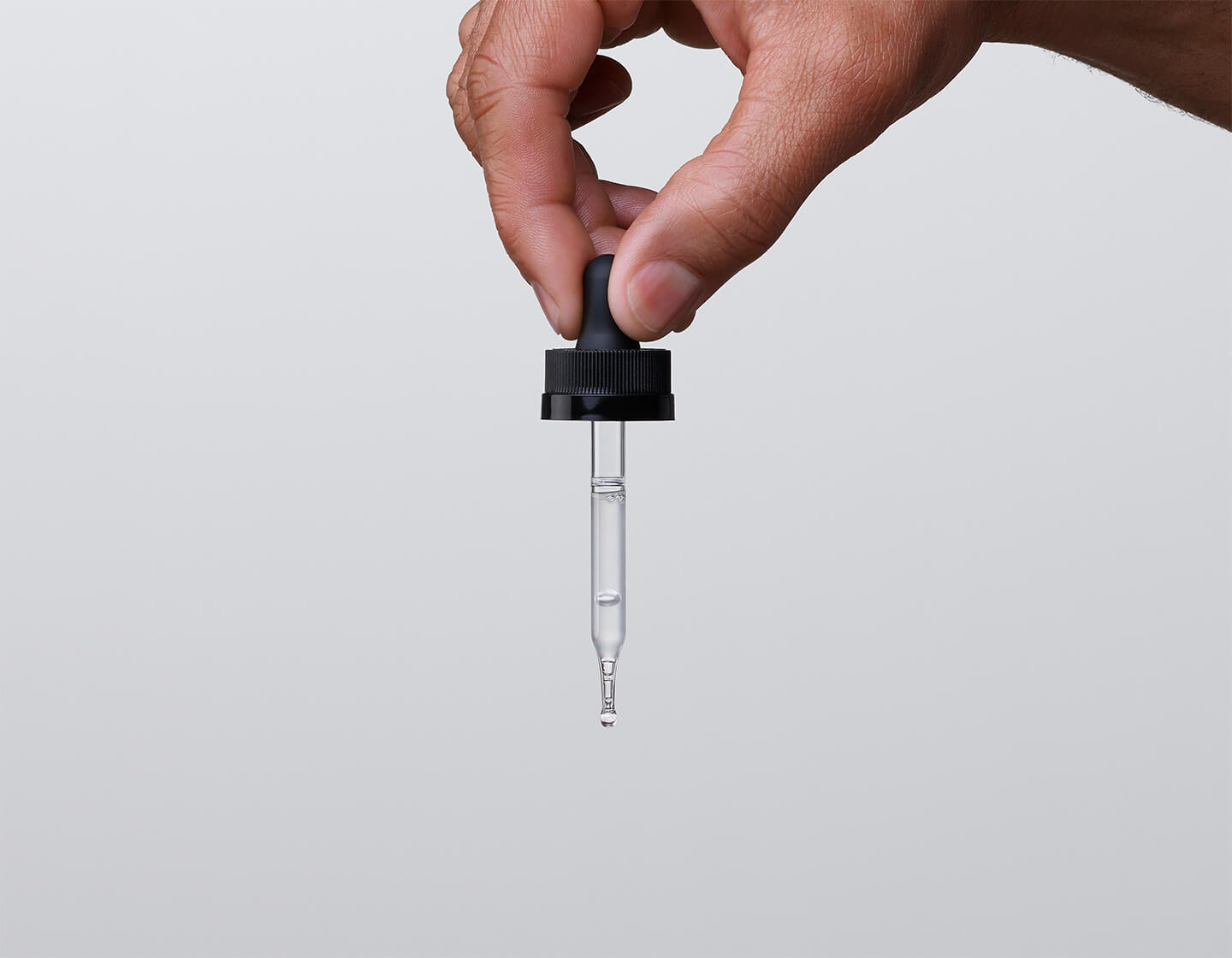
Education
Informed decisions.
Safer choices.
Understanding CBD is key to knowing what it can do. CBMD® gathers resources and research to help physicians and consumers understand what’s in the products they use.
1940
Year CBD was first isolated and identified by Harvard chemist Roger Adams.
80%
Percent of US doctors that have discussed CBD/cannabis with their patients.
30%
Amount of US doctors who feel they know enough about CBD to advise their patients on product selection or utility.
What is CBD?
Cannabidiol (CBD) is one of 113 biologic compounds—called cannabinoids—found within the trichomes of the
cannabis/hemp plant. Two of the most well-known of these compounds are CBD and THC. While both are naturally
occurring, CBD is distinct from THC, in that CBD does not produce the psychoactive effect (or high) that THC
does.
All cannabinoid molecules, like those found in CBD, act on the receptors in the body's endocannabinoid
system (ECS). Active in the body whether or not a person uses CBD or THC products, the ECS plays a role in
sleep, appetite, mood, memory, and immune processes.
All CBMD products are formulated with broad-spectrum CBD, which has been purified to substantially reduce
the THC content and profile.
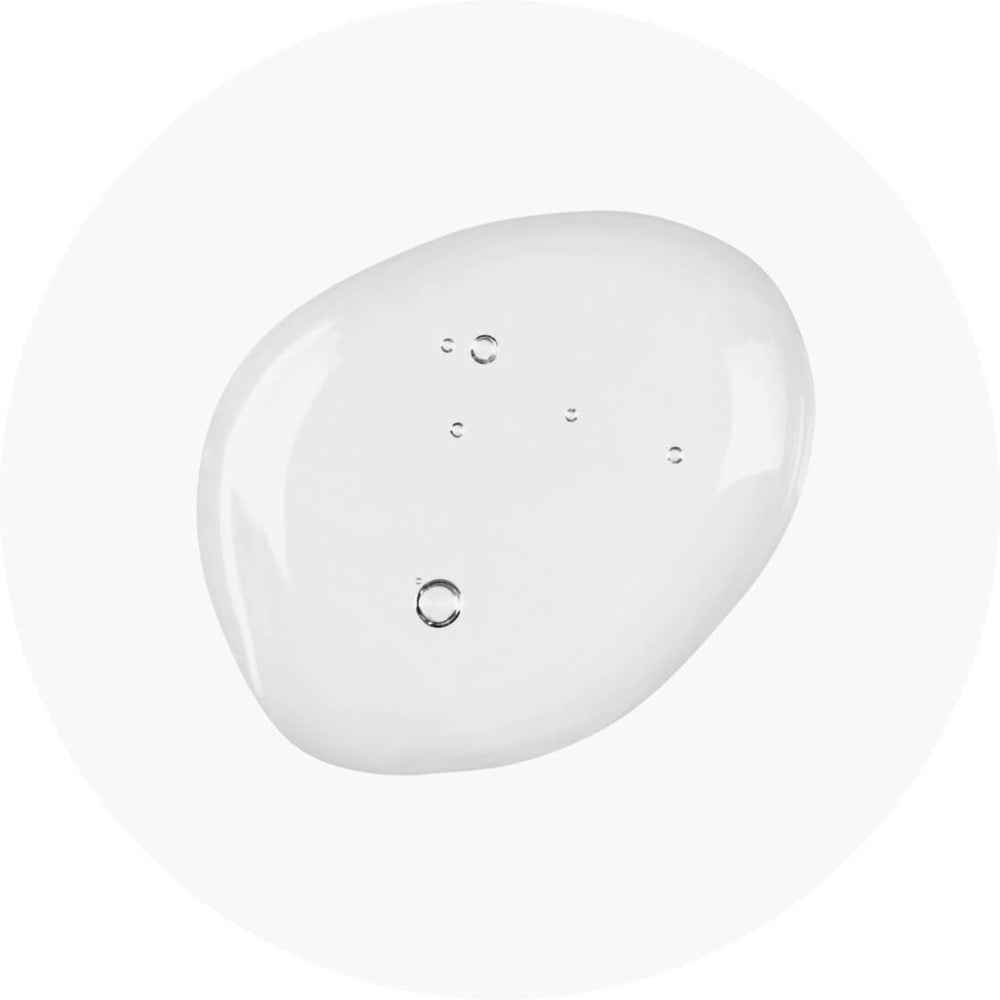
Different types of CBD
Today, one can find CBD labeled full-spectrum, broad-spectrum, and pure isolate. Full-spectrum products
contain precisely that: the full range of both cannabinoids and terpenes present in the plant. (Terpenes are
the chemicals responsible for the smell and taste associated with cannabis). Full-spectrum products are
notable in that they are inclusive of THC.
However, by definition, CBD cannot contain more than 0.3% of THC. On the other hand, broad-spectrum products
are refined so as to remove much more of the THC content and profile. CBD isolate is created by extracting
CBD and then removing all other cannabinoids and terpenes, isolating only the CBD molecules.
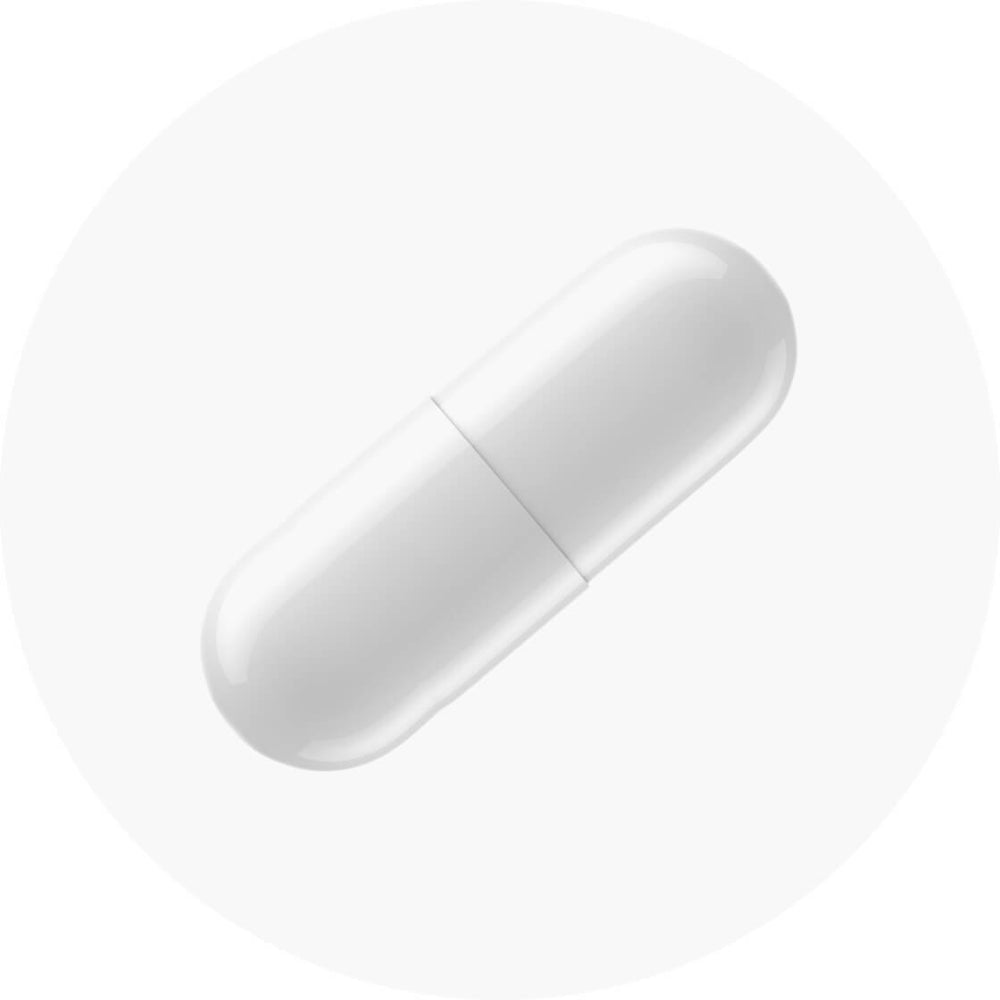
Dosing
Determining the appropriate CBD dose is dependent upon a number of factors, including the delivery technology, concentration, and product type. There are also other factors to consider, like a person's unique biological makeup, and medicines an individual might be taking, Additionally, CBD isolate will exert a different kind of dose response than broad-spectrum and full-spectrum products. Because of this variability, we recommend that individuals consult a doctor, and also begin with a low dosage and build from there.

Bioavailability
The term bioavailability refers to the percentage or fraction of a given dose that is absorbed into the bloodstream, and therefore made available for use by the body. Bioavailability is based on a variety of factors, including product composition and method of delivery. In several of our CBD formulations, we incorporate ingredients that display increased and prolonged bioavailability.
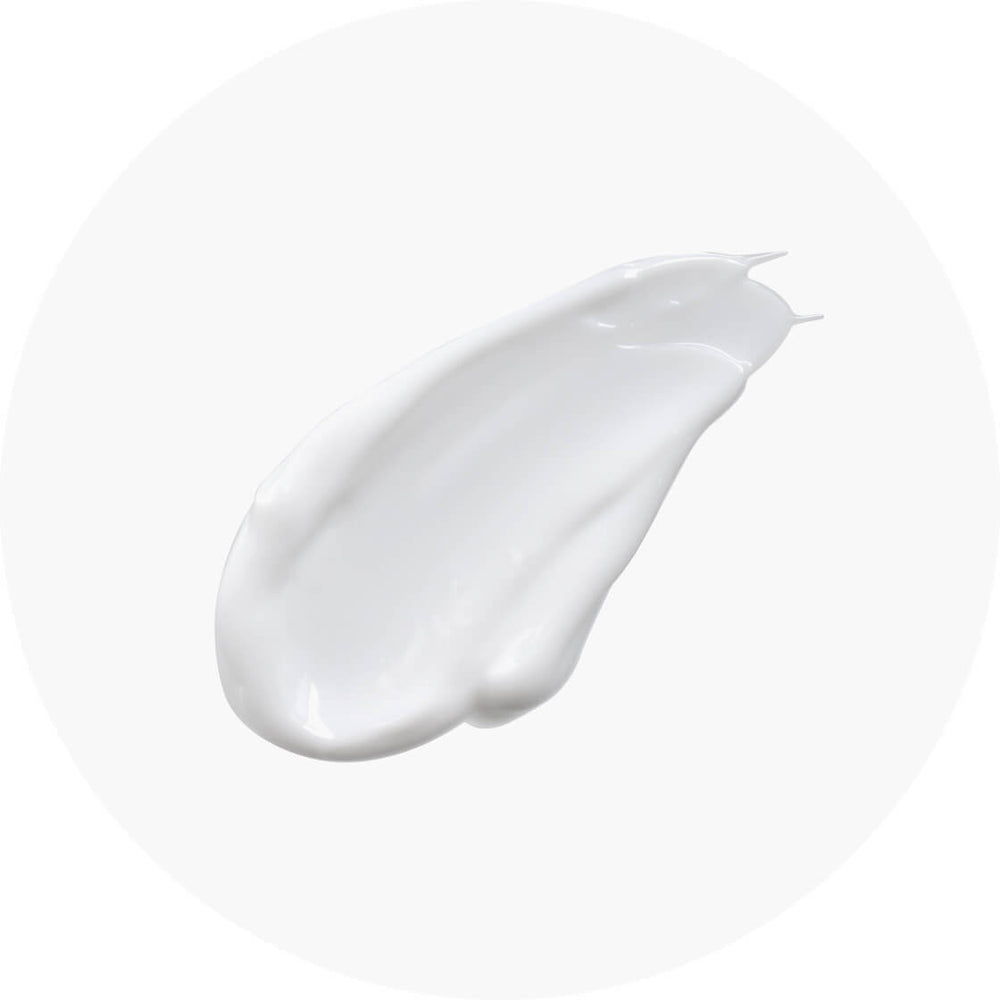
Endocannabinoid System
All cannabinoid molecules, like those found in CBD, act on the receptors in the body's endocannabinoid
system (ECS). Active in the body whether or not a person uses CBD or THC products, the ECS plays a role in
sleep, appetite, mood, memory, and immune processes.
There are two main kinds of receptors: CB1 receptors, which are mainly concentrated in the brain, and CB2
receptors, located throughout the body and largely connected with immune system function.
The human body also produces its own endocannabinoids, a fact that is part of an interesting story of the
endocannabinoid system's scientific provenance—starting in the early 19th century and leading to the recent
mapping of the endocannabinoid receptors' genetic group.


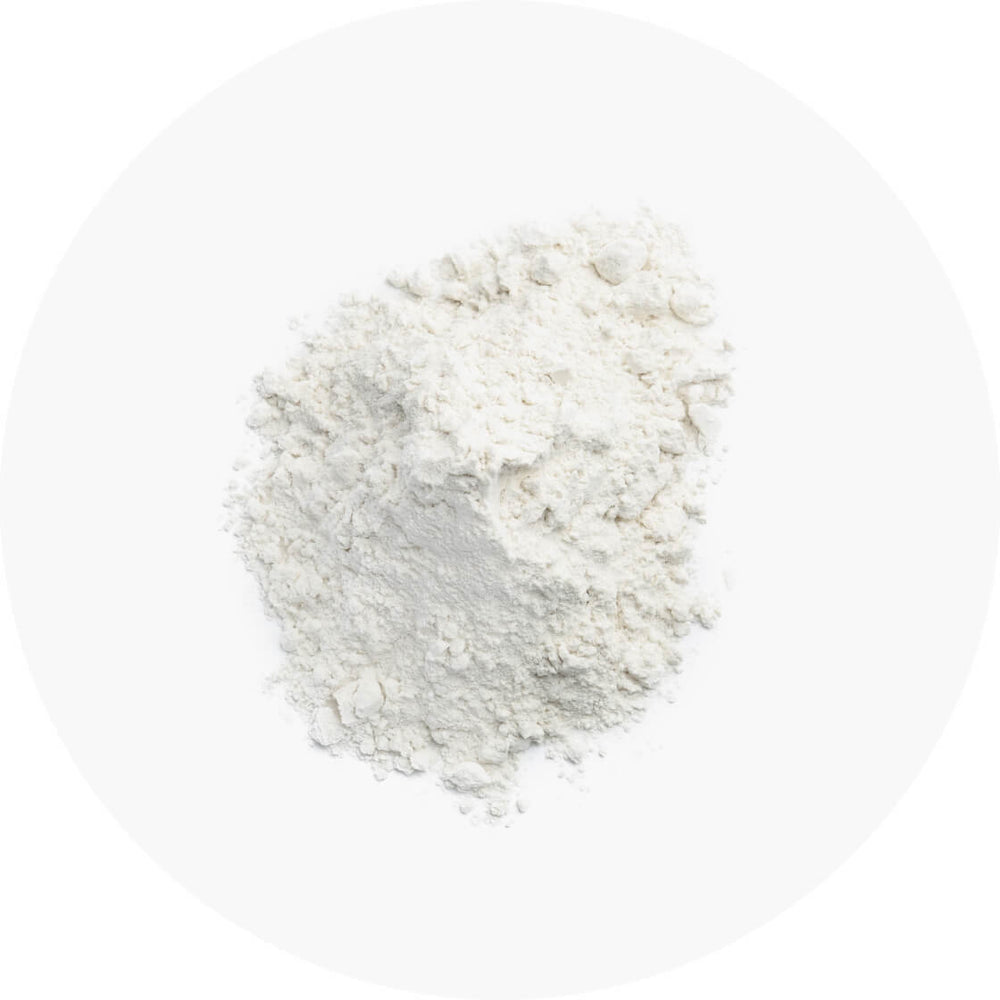




Our partnership
A common purpose.
CBMD™ operates in association with Cannabiomed™, a consortium of medical professionals, researchers, scientists,
and pharmacists working to bring a medical perspective to the CBD industry.
Cannabiomed™ seeks to equip healthcare practitioners with resources that enable them to be informed, effective
advisors for patients wanting to integrate CBD into their wellness routines.
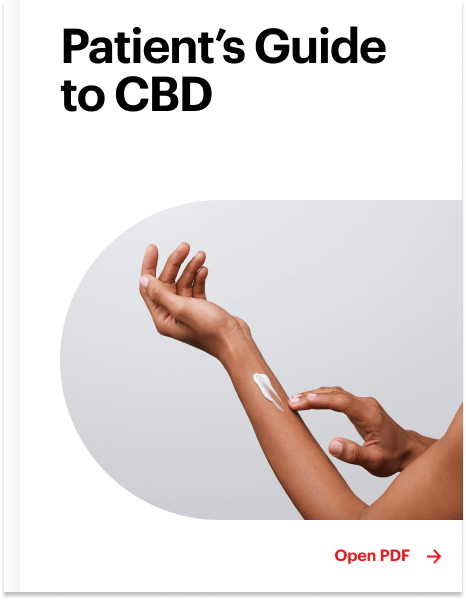
Featured publication
News
and research
Created by Americans for Safe Access (ASA),The Patient's Guide to CBD is an informative resource for patients, healthcare providers, consumers, and others seeking information on the topic of cannabidiol (CBD).
Open PDFAdditional resources
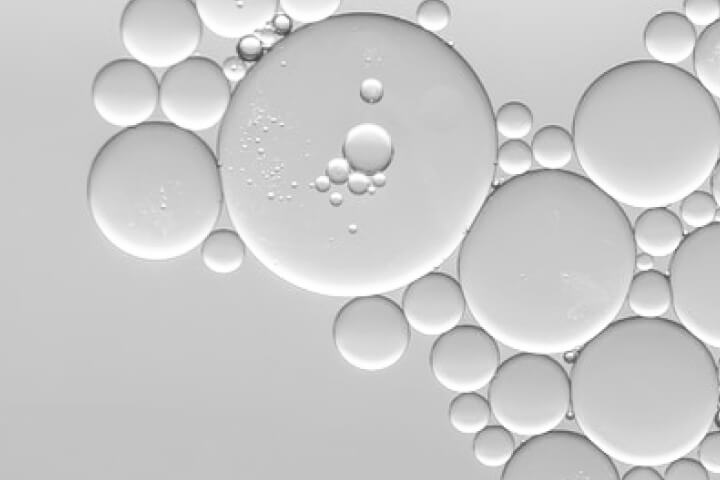
FDA recommends science-based approach
With so many questions around the safety and quality of CBD products, the FDA looks at policy to ensure safe standards are maintained for the production of CBD.
Read more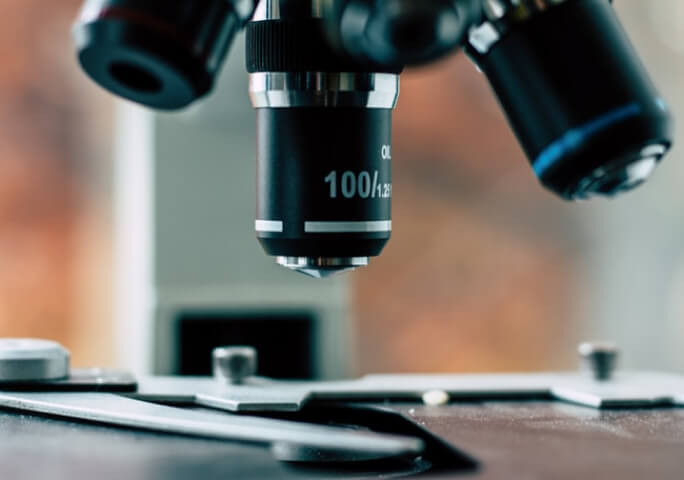
Clinicians guide to CBD and hemp oil
With the explosion in CBD’s popularity comes the need for physicians to understand the importance of product selection to ensure safety.
Read more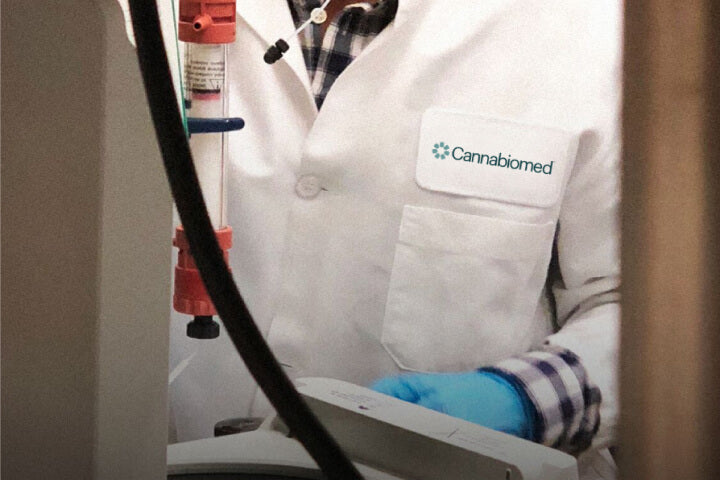
Johns Hopkins professor looks to physicians
Associate Professor of Psychiatry and Behavioral Sciences Ryan Vandrey, PhD says patients should speak to their doctors before trying CBD.
Read moreFAQ
What makes PMT Pain Topical Cream different from other CBD products?
Is PMT right for me?
PMT Topical Cream is used by individuals looking for support with muscle soreness, injury, or generalized joint or muscle discomfort. PMT Topical Cream should not be used by children, pregnant or breastfeeding women, or individuals with liver or kidney disorders. It should not be used on open wounds or broken skin.
We recommend consulting with our support team or your healthcare professional to determine if PMT is suitable for your specific needs.
How should I use PMT Topical Cream?
What ingredients are in PMT Topical Cream?
Purified Water (Aqua), Organic Aloe Barbadensis (Aloe) Inner Leaf Juice, Organic Carthamus Tinctorius (Safflower) Seed Oil, Organic Symphytum Officinale (Comfrey) Root Extract, Caprylic/Capric Triglyceride, Cetearyl Glucoside, Cetearyl Olivate, Glycerin, Salix Alba (White Willow) Bark Extract, Organic Zingiber Officinale (Ginger) Root Extract, Cetearyl Alcohol, Capsicum Annuum (Cayenne Pepper) Extract, Arnica Cordifolia (Arnica) Flower Extract, Sorbitan Olivate, Organic Simmondsia Chinensis (Jojoba) Seed Oil, Xanthan Gum, Glyceryl Caprylate, Broad Spectrum Hemp CBD Oil, Mentha Spicata (Spearmint) Oil, Mentha Piperita (Peppermint) Oil, MSM (Methylsulfonylmethane), Melaleuca Alternifolia (Tea Tree) Oil, Glyceryl Oleate, Niacinamide (Vitamin B3), Tocopherols (mixed Vitamin E), Glyceryl Stearate, Eucalyptus Globulus Leaf Oil, Caprylhydroxamic Acid, Potassium Olivoyl Hydrolyzed Oat Protein, Leuconostoc/Radish Root Ferment Filtrate, Potassium Sorbate.
If you have any questions about PMT Topical Cream or its ingredients, please don’t hesitate to contact us at info@cbmd.com
Is there THC in PMT Topical Cream?
Can PMT be used by athletes, clinicians, teachers, or law enforcement?
What kinds of testing do CBMD products undergo?
Does PMT Topical Cream contain NSAIDs?

